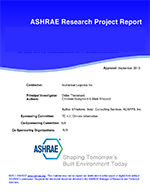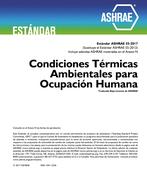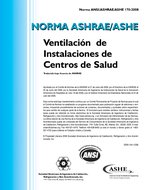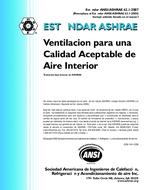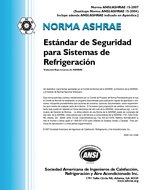Description
Ultraviolet light with a primary wavelength of 254 nanometers (nm), referred to as UVC, is being used to kill microbes in the air and on the surfaces of coils/drain pans in HVAC systems and on the surfaces of food processing equipment (ASHRAE 2008, Kowalski and Bahnfleth 2002, Kowalski and Dunn 2002 and Levetin 2001). UVC also is being combined with catalytic surfaces to remove volatile organic compounds from the air. Since many organic compounds present in HVAC systems and processing equipment may be exposed to the UVC light due to poor shielding or design, the potential of material degradation leading to component failure, and possibly, total system malfunction is significant. Some of the organic compounds that may become exposed to UVC include synthetic filter media, gaskets, rubber, motor windings, electrical insulation, drive belts, internal insulation, and plastic piping.
Although UVC exposure is known to be detrimental to organic materials, the degradation mechanisms of long-term UVC exposure are less understood than for the longer wavelength UV [UVA (320-400 nm) and UVB (280 – 320 nm)] present in sunlight. Standardized methods (e.g., ASTM G151 and G154, ISO 4892-1, etc.) for exposing. then evaluating. nonmetallic materials have been developed for UVA and UVB but not UVC. Therefore, this project was performed to provide information on the vulnerability of common HVAC materials to UVC so that energy consumption, life cycle cost and environmental impact can be minimized and UVC improvements to system life span and indoor environmental quality can be maximized.
Product Details
- Published:
- 2010
- Number of Pages:
- 103
- File Size:
- 1 file , 4.1 MB
- Product Code(s):
- D-RP-1509
